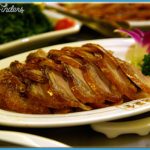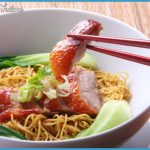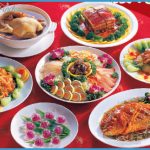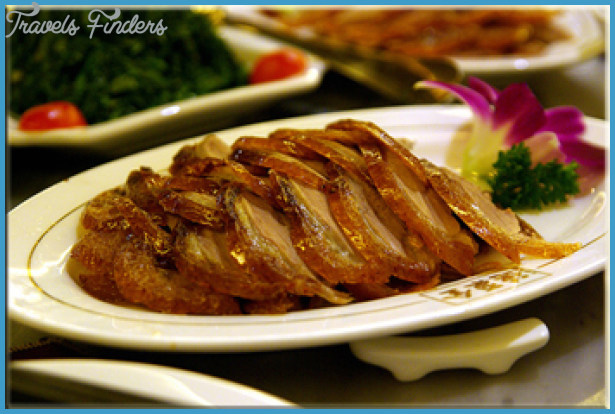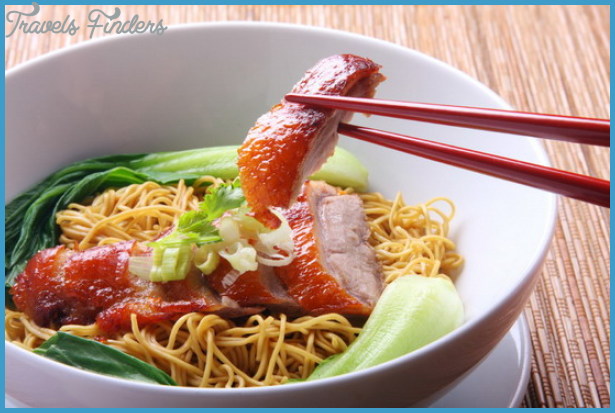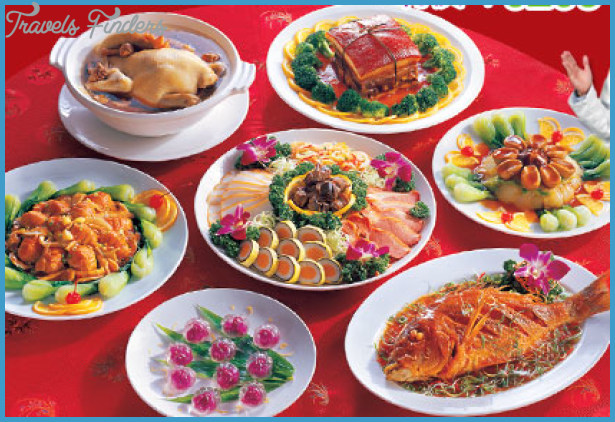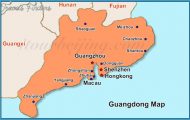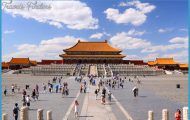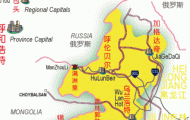The philosophy What has never failed to astonish Westerners are the strange ingre- of food dients that find their way on to the table in China: shark’s fin, birds’ nest soup, bamboo shoots and sea cucumber salad, not to mention mouse, snake, dog and cat meat. It is true that the Chinese are one of the few races that have no taboos with regard to food. The reality is, however, that something like 90 per cent of Chinese foods are readily available in the West. The significant difference between Chinese and Western cooking habits lies in the way certain flavours are combined or ingredients are seasoned with sauces and spices, how the food is cooked and served and the way it is eaten.
The fascination of Chinese food is due less to the interesting ingredients the cooks use, but more to the “philosophy”, that mysterious, but complementary amalgamation of aromas, colours and essences, every single ingredient steeped in ancient tradition and with its own part to play. Those who wish to really understand and appreciate Chinese food must become familiar with the guiding principles of this “philosophy”.
Food and In the course of their history the Chinese have never distinguished medicine between food and medicine. Eating and looking after one’s health amount to the same thing. Whatever does the body good is both medicine and food. Sun Simiao, a doctor who lived in the 6th c. B.C. put it this way: “A good doctor tries first and foremost to cure illness with food and only when that does not help, does he prescribe medicine.” The science of nutrition has been practised in China for thousands of years and every doctor is advised to be something of a cook and every cook to be something of a doctor. While Western dieticians pay little attention to how food is prepared, concerning themselves more with recommending daily rations of meat, vegetables, etc. in China every good recipe must be planned to meet certain dietary guidelines. In classical Chinese cuisine (but not Sino-Moslem or Mongolian) pure meat dishes such as roasts or kebabs are rare. Animal fats and proteins are always compensated for by vegetable ingredients or purifying, digestion-aiding flavours such as onions in Peking Duck or aniseed in braised pork. Although the Chinese value mushrooms they would think it quite strange to eat sliced mushrooms. The principles of their medicine demand that every dish consists of a number of ingredients, never one single item, as otherwise the human body will lose its equilibrium. Equally, pure sweet desserts are alien to traditional Chinese culinary tradition. Something sweet should always be accompanied by a salty, neutral flavour. Too much sugar and honey “makes the stomach soft and lazy”. Chinese chefs avoid not just harmful combinations, but also make a special effort to find easily digestible blends. For example, they like to process kidneys, brain, bone marrow, stomach and intestines, all ingredients which are rich in vitamins, nourishing and aids to digestion. It is, therefore, normal to feel pleasantly satisfied rather than full after a Chinese meal. Any reputable experienced chef will put together his own special menu which meets all the nutritional requirements ofthe human body. Fresh food Yue Zecai, an epicurean 17th c. poet, sang a song of praise to his chef who refused to cook a dish as the ingredients were not seasonal products.

